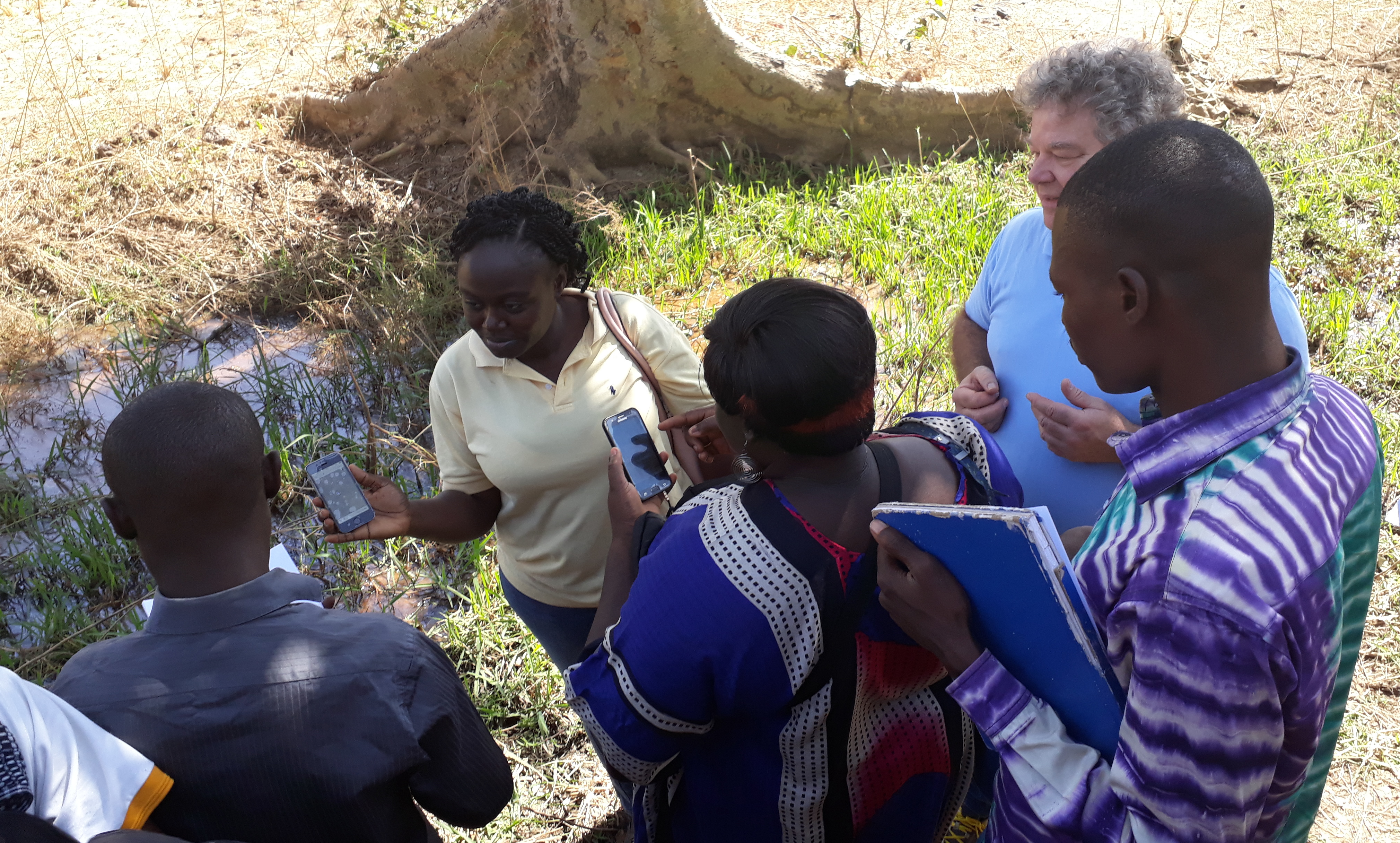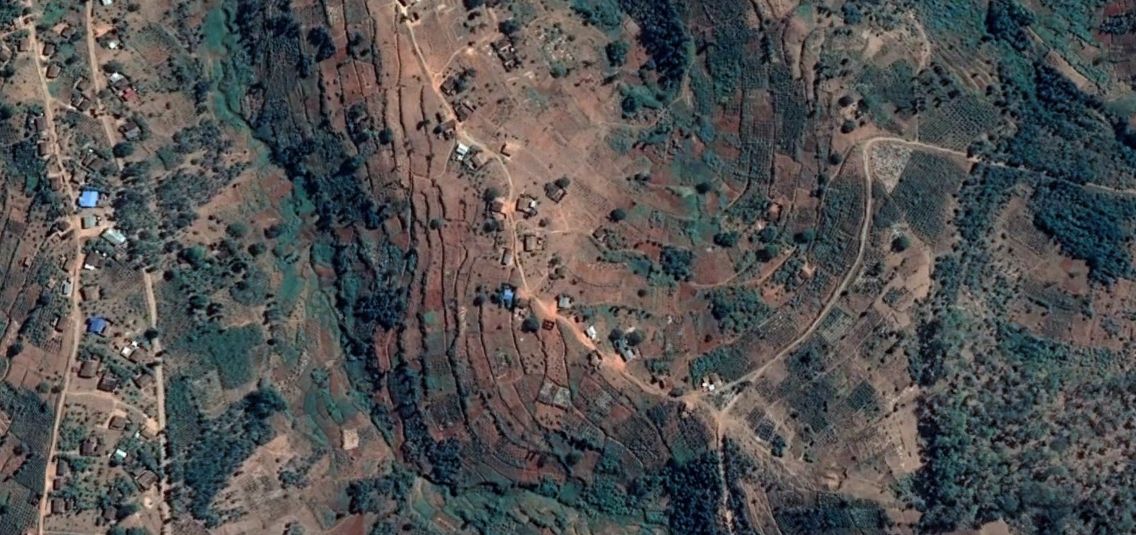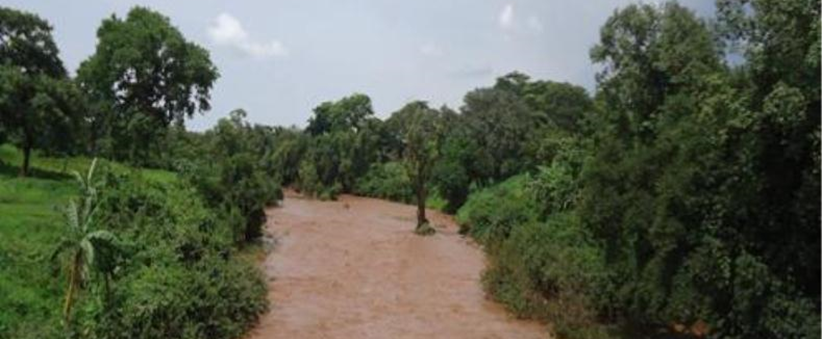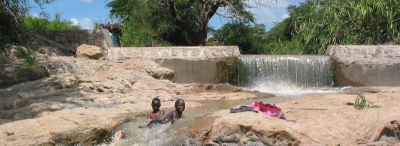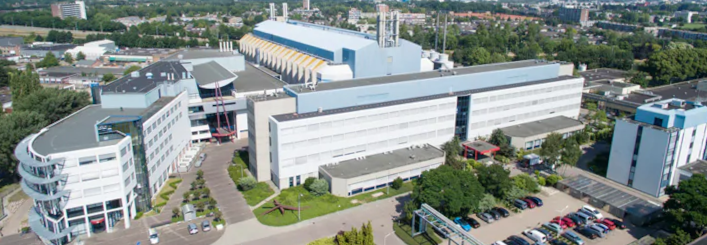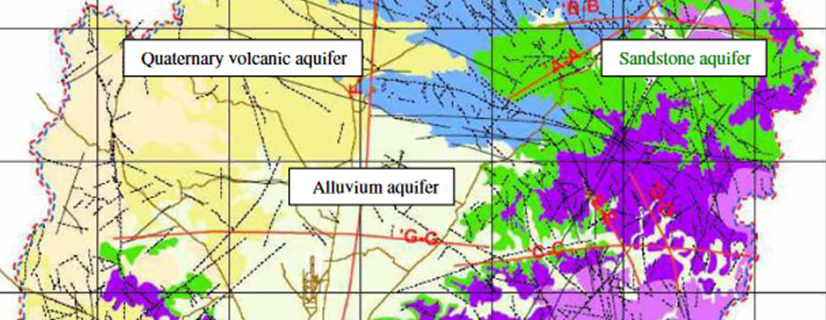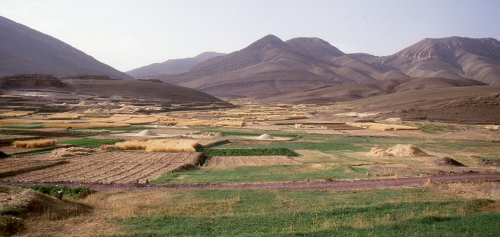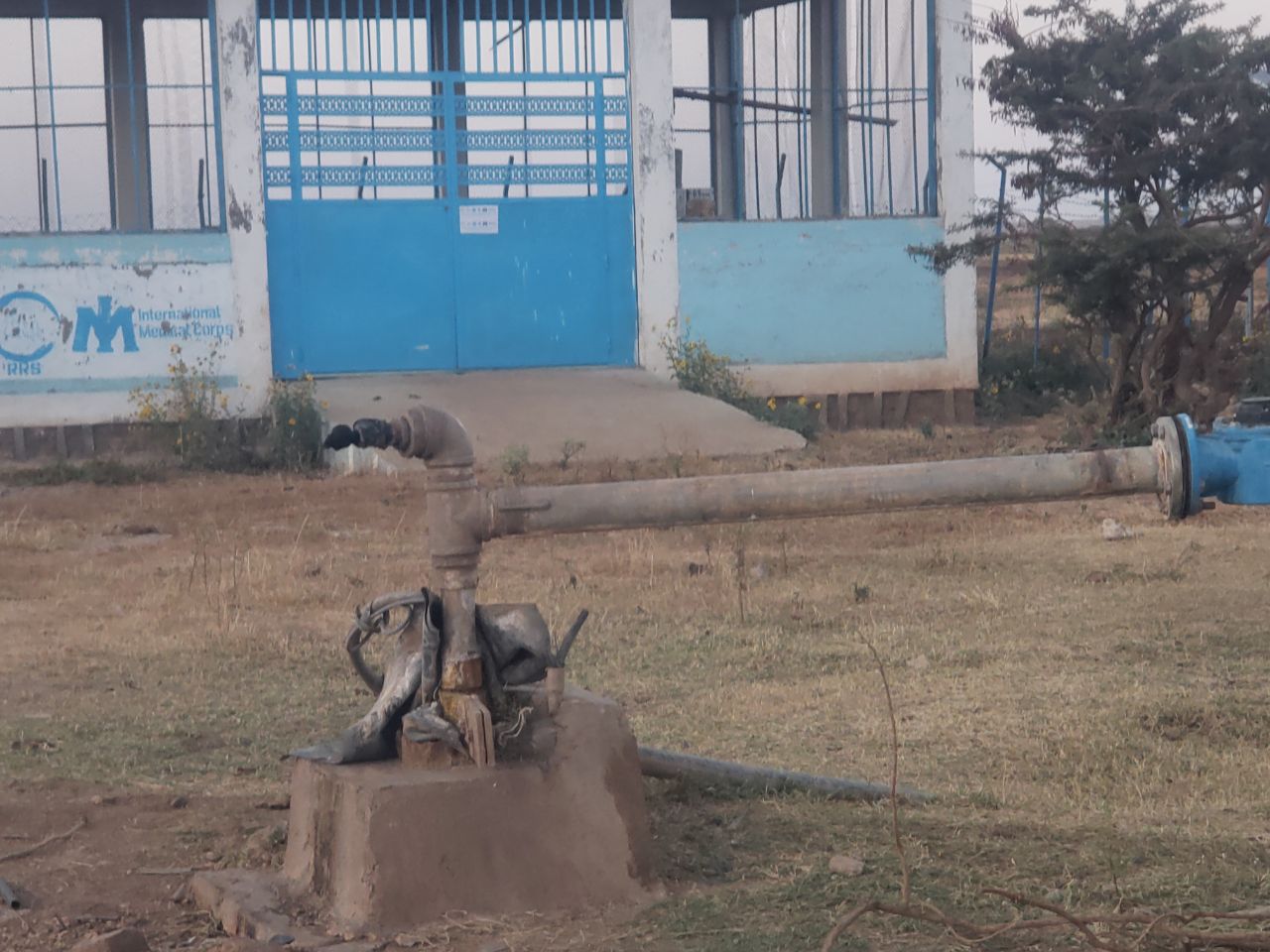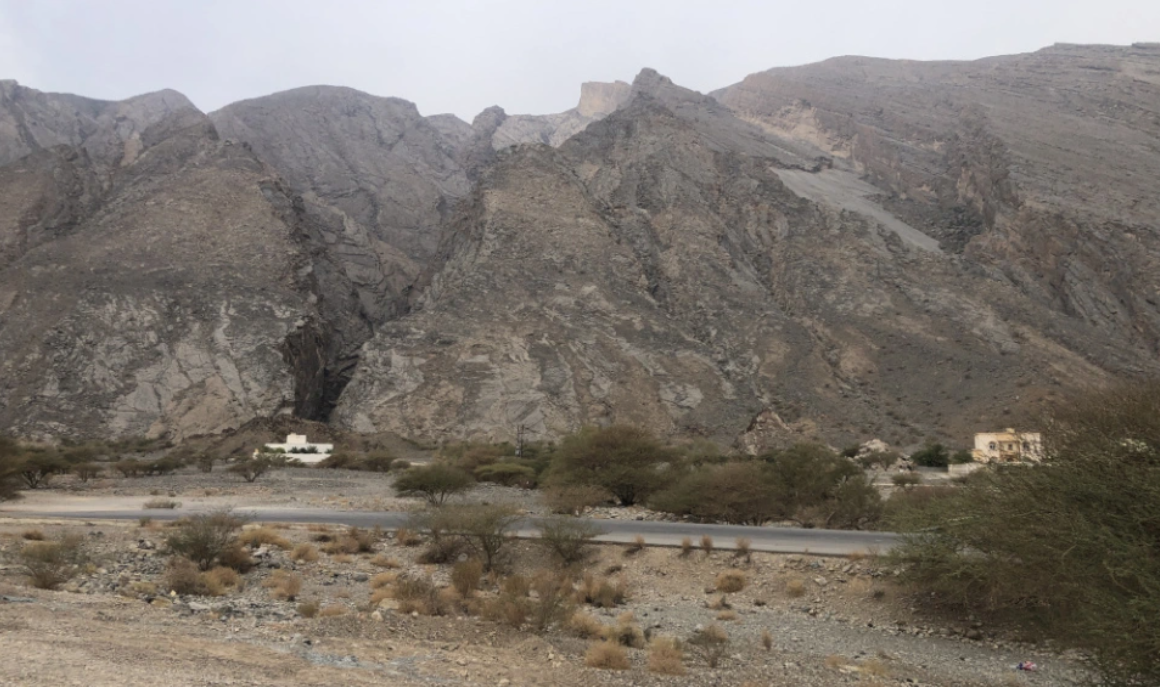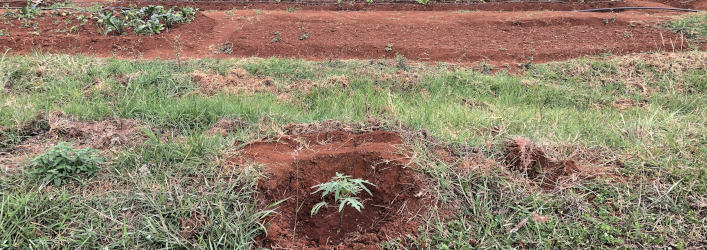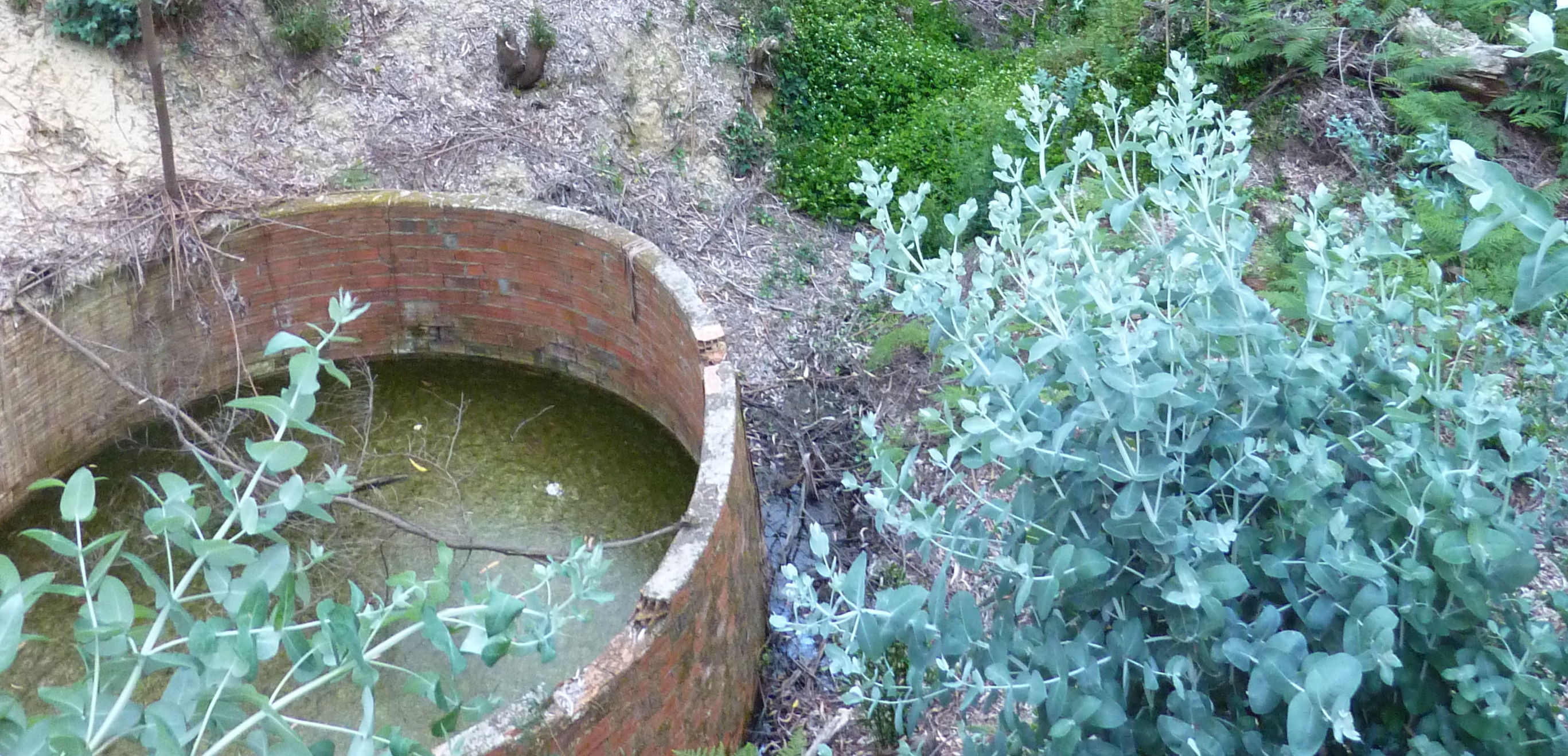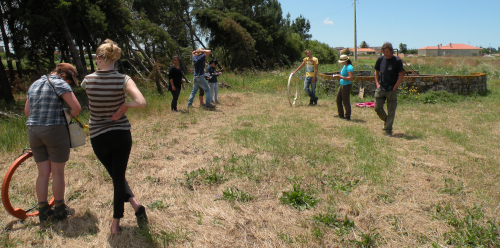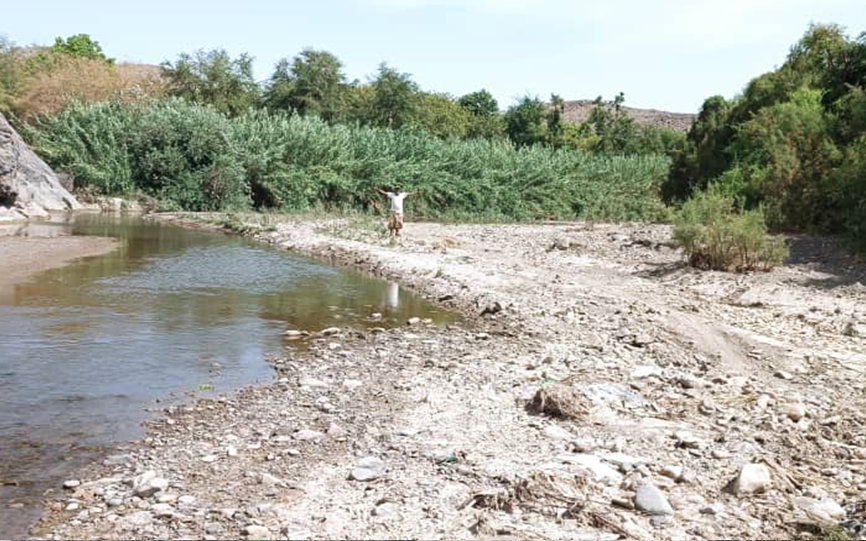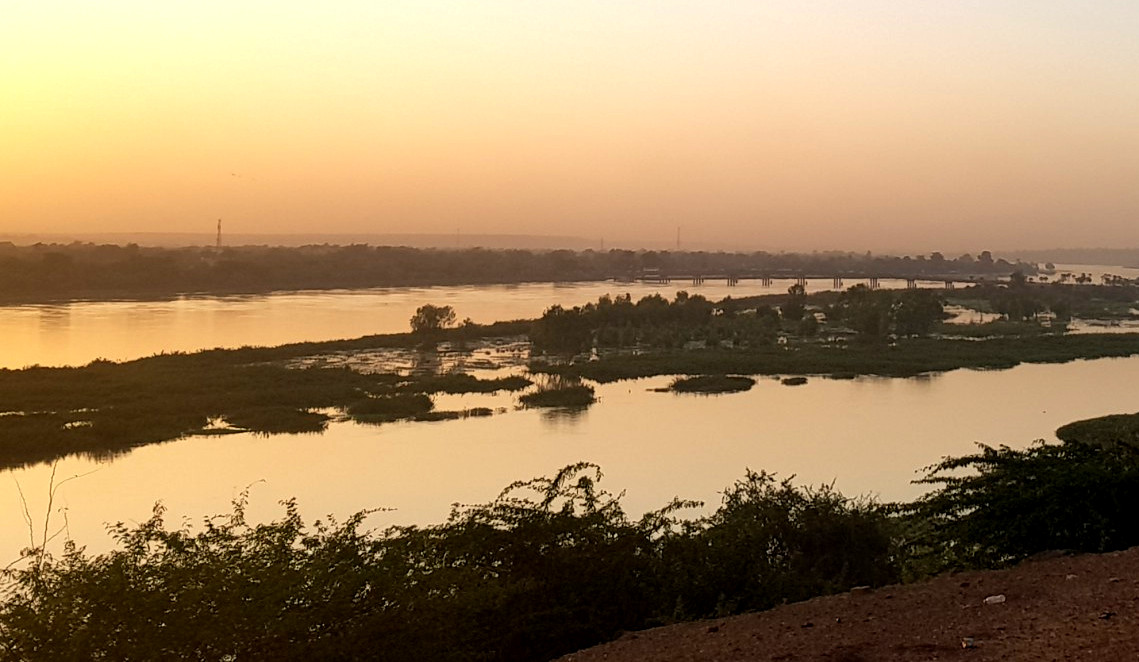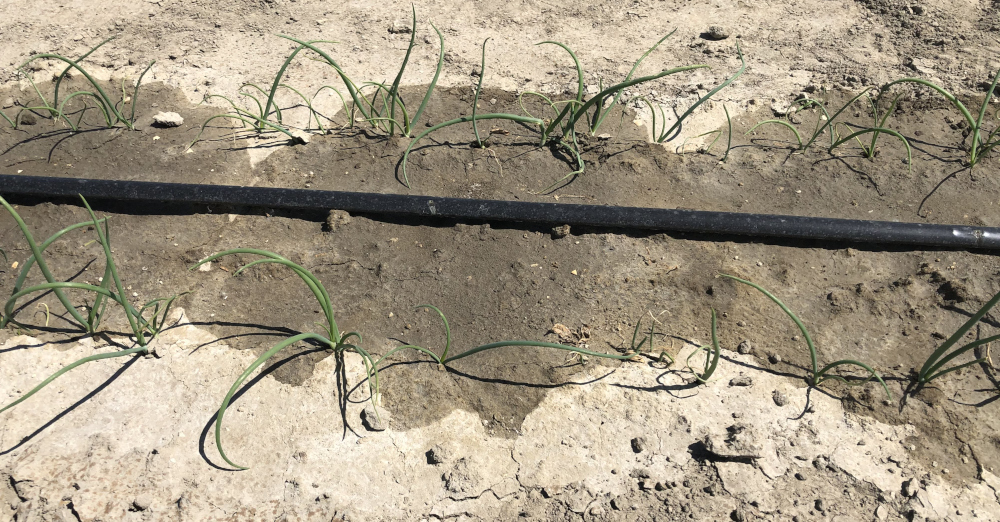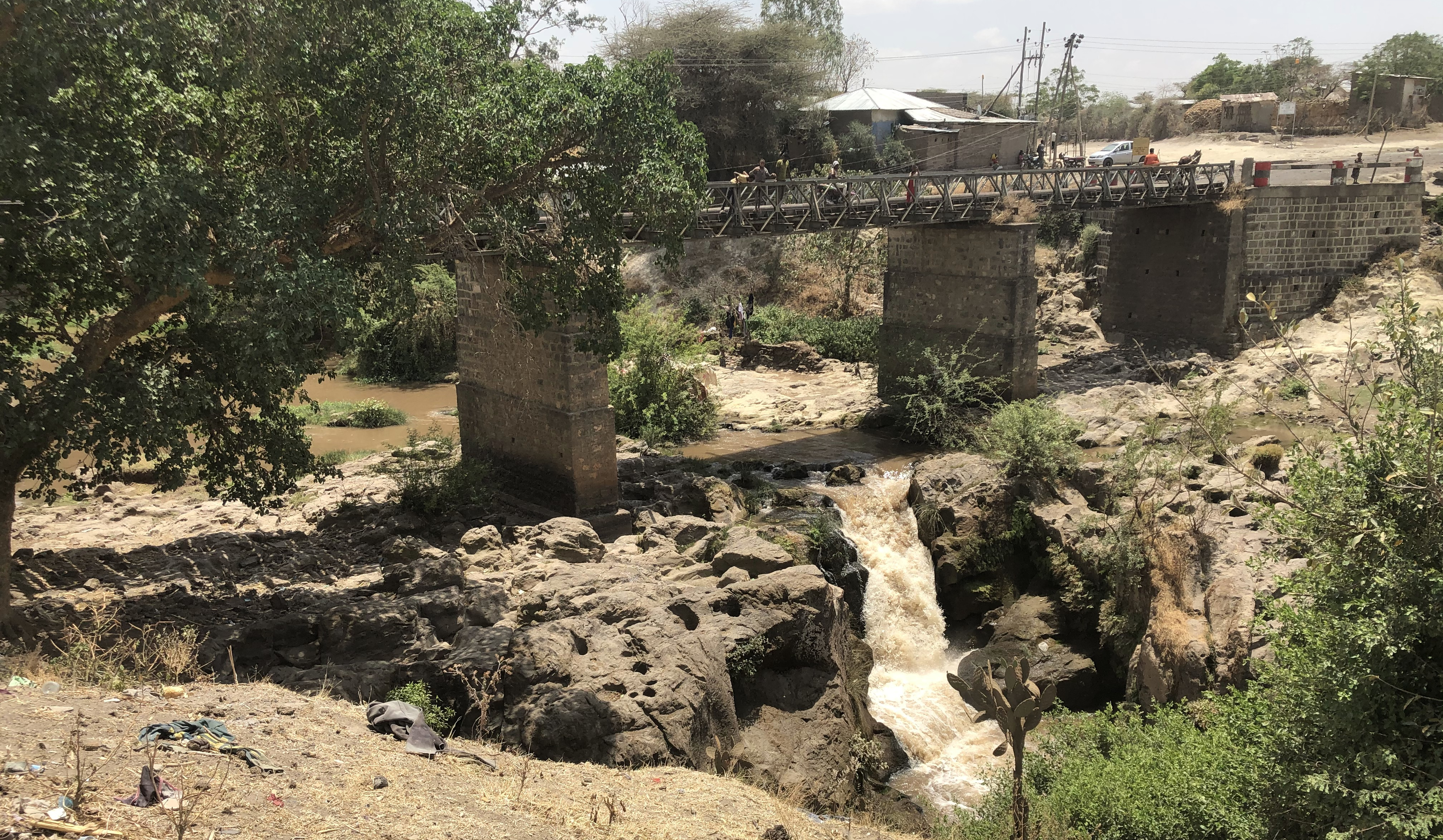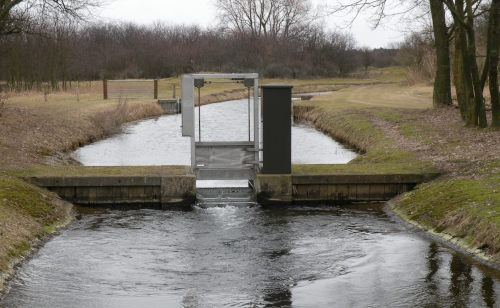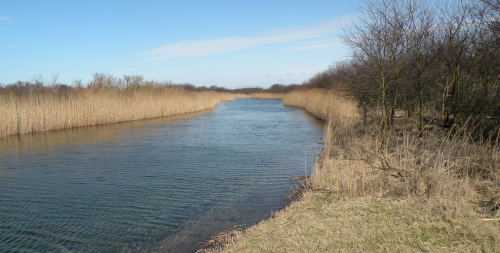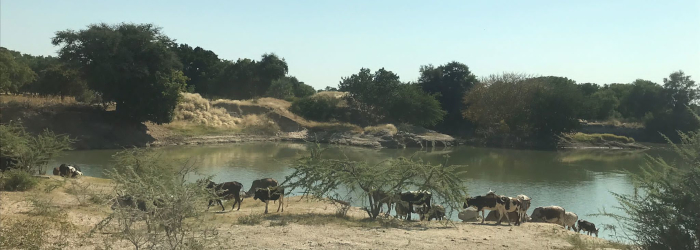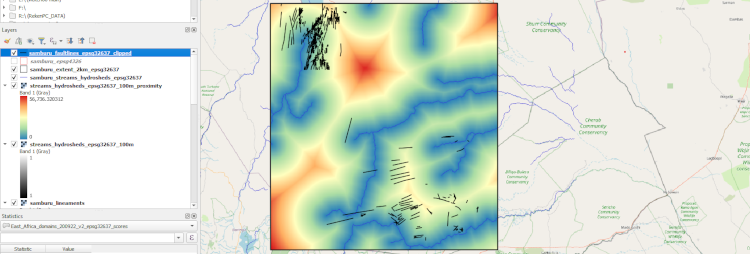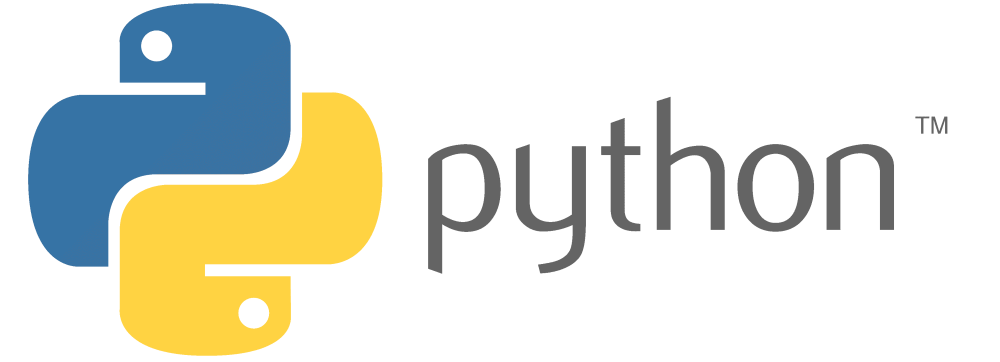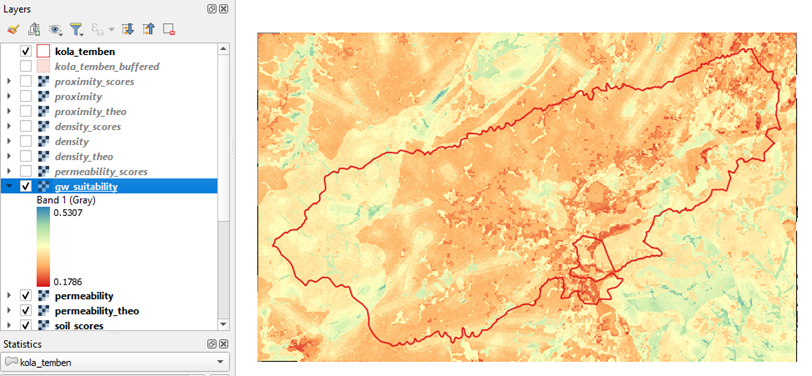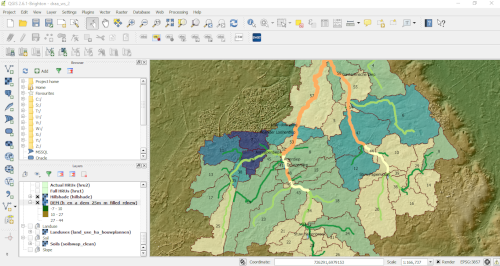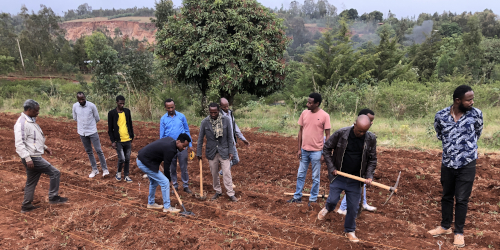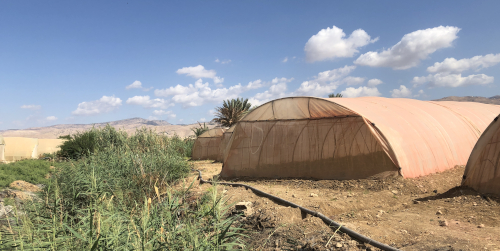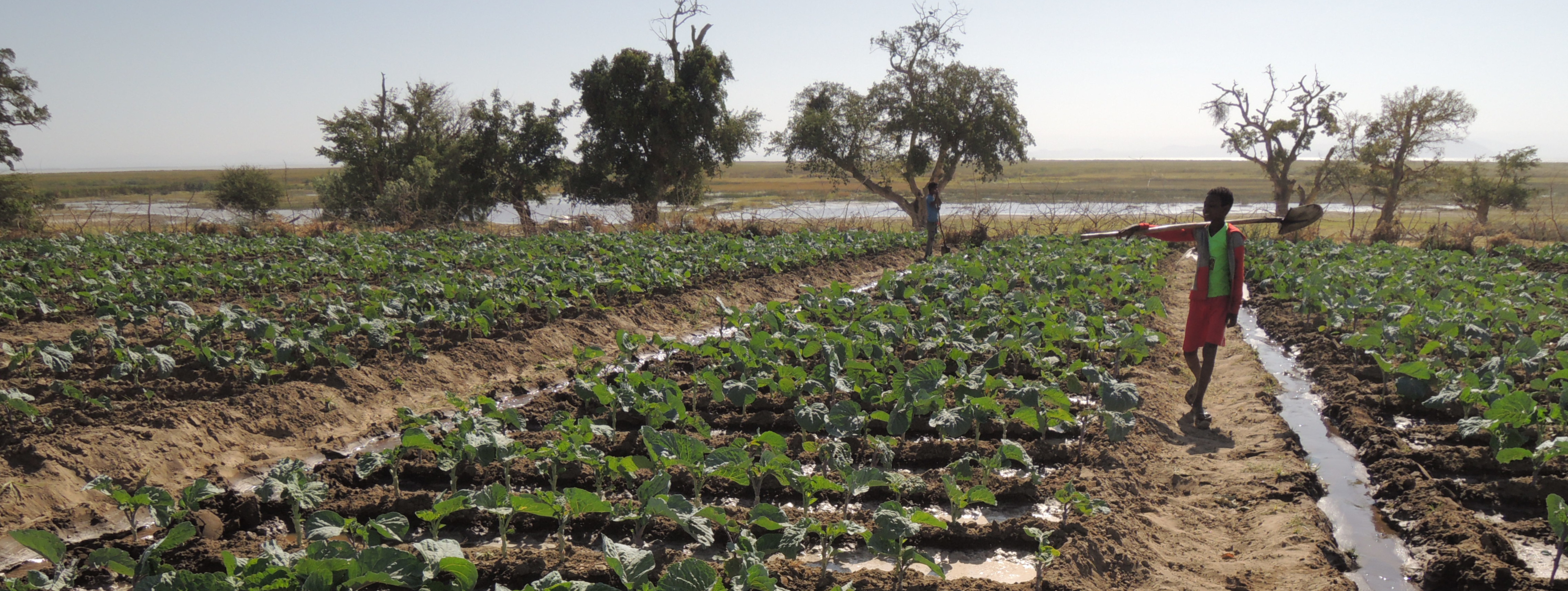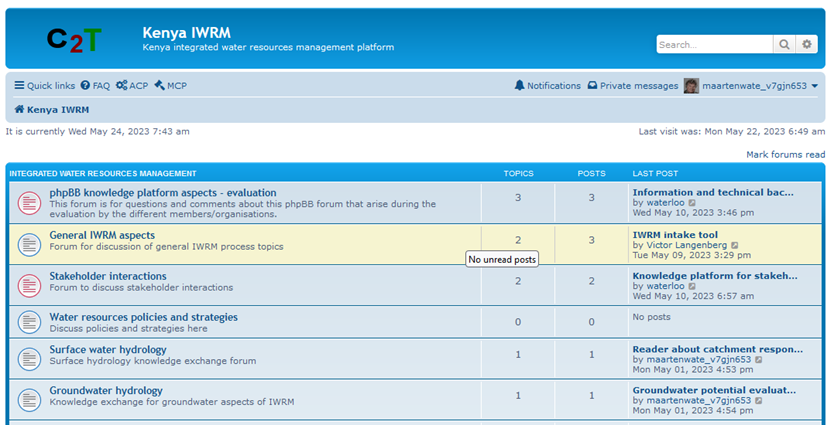Acacia Water Academy - Acacia Institute
-
Acacia Water Academy
The Acacia Water Academy from the Acacia Institute provides educational services in hydrology and water resources management. Courses were developed by members of the Amsterdam Critical Zone Hydrology Group, who moved from the VU University in Amsterdam to Acacia Water. The courses are for professionals and researchers in the water sector, who feel that they need more insight into hydrological theory and processes, field methodology and water resource management.
The course co-ordinators have PhD degrees in hydrology. They obtained their University Teaching Qualifications at the VU University Amsterdam, and have over 15 years of experience in teaching BSc and MSc students, both in classroom courses, computer workshops and in international field courses in hydrology.
The courses adhere to quality criteria set for universities in the Netherlands, i.e learning outcomes are formulated, courses are developed in a professional way by certified teachers, and participants are tested if issue of a certificate is required.
For more information on our course programme, and for applying to participate in our courses, please contact the programme co-ordinater Dr. M.J. Waterloo.
PROMOTED COURSES
These course may be of special interest...
Skip available courses





